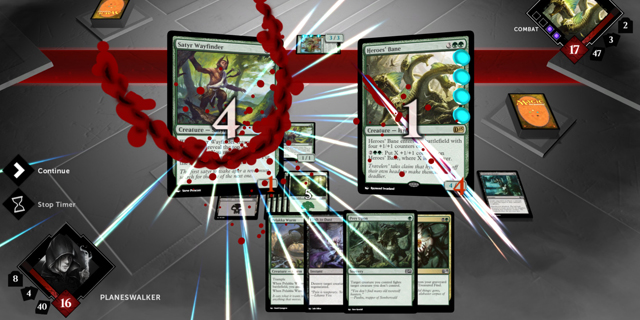
Is a better digital replication of the physical Magic: the Gathering experience a better digital Magic: the Gathering experience? That’s the quandary facing the newest installment of Wizards of the Coast’s Duels of the Planeswalkers standalone game series, as it comes closer and closer to feeling like Magic Online under heavy competition and pressure from games like Hearthstone. READ MORE
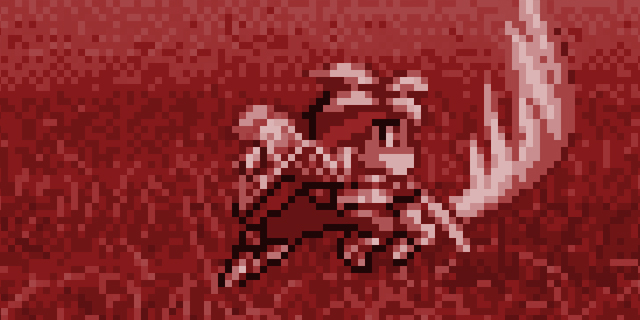
In From Pixels to Polygons, we examine classic game franchises that have survived the long transition from the 8- or 16-bit era to the current console generation. This time, Chris Dominowski and Jeff deSolla take on Namco’s long-running Tales series of JRPGs.
While the West prefers its action-RPGs to be open-world, narrative-light romps that emphasize freedom, Japan has another take, and no series embodies these goals quite like the Tales series. From its SNES debut to the most recent releases, the series has made many adjustments to try to find its footing in a shifting JRPG landscape. READ MORE
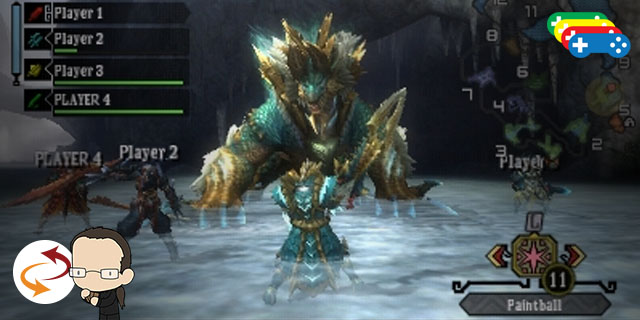
As part of Snackbar Games’ July column shuffle, Gaming Unplugged‘s Chris Ingersoll uses his local multiplayer knowledge for something more digital in this Multitap entry.
When Graham discussed the best options for handheld local multiplayer experiences, Monster Hunter 3 Ultimate was mentioned as being “by far the deepest.” Well, thanks to our little feature column shake-up experiment, I’m here to get into that deepness a little more. You can consider this my sixth Hunter’s Notes if you want, although I’ll be taking a more traditional approach to writing for this one. READ MORE
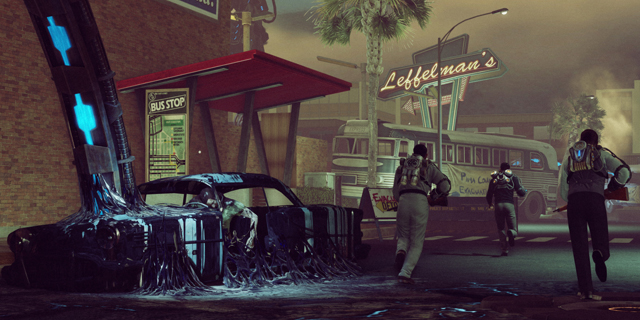
We all have one (or more): a game that we know isn’t very good, but we love it anyway. Maybe it evokes memories of a happy summer with friends, maybe there’s one shining jewel that overshadows the surrounding desert, or maybe all of the bad comes together in an amazing, swirling maelstrom and manages to make something better than the sum of all its substandard parts. These are a few of our games that aren’t great, but we love them all the same.
Justin Last: The Bureau: XCOM Declassified
 Why it’s not great: The story is all over the place, characters are only fleshed out immediately before a “powerful” moment and numerous things are left unexplained. Why is there not a push to get more people chunky power bracelets like Carter’s? How does everybody know to call the aliens by the species name upon first contact? Where do all of those turrets come from, and why is my engineer only smart enough to make them after I’ve unlocked the skill to yell “build a laser turret over there!” at him? READ MORE
Why it’s not great: The story is all over the place, characters are only fleshed out immediately before a “powerful” moment and numerous things are left unexplained. Why is there not a push to get more people chunky power bracelets like Carter’s? How does everybody know to call the aliens by the species name upon first contact? Where do all of those turrets come from, and why is my engineer only smart enough to make them after I’ve unlocked the skill to yell “build a laser turret over there!” at him? READ MORE
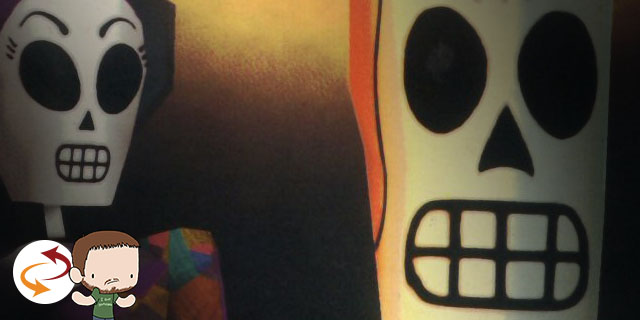
It’s a column shake-up! Andrew Passafiume steps away from New Game+ for a week to explore his emotions in Serotonin.
I’m a sucker for good mystery novels, especially pulpy noir stories. I grew up reading Joan Lowery Nixon and eventually graduated to the big leagues: Raymond Chandler, James M. Cain and many others. This is why I found myself eagerly anticipating the release of Murdered: Soul Suspect. I wasn’t optimistic about it, but it gave me the vibe of a cult classic in the making.
Playing through it made me realize why mysteries in games are even more satisfying than novels or films. Those stories are about the mystery, sure, but you are only a mere witness. Games, such as Murdered, make the act of solving these mysteries compelling in and of themselves. Sure, you want to know what’s really going on, but being tasked with figuring it out on your own is what makes the mystery truly shine.
READ MORE







 Why it’s not great: The story is all over the place, characters are only fleshed out immediately before a “powerful” moment and numerous things are left unexplained. Why is there not a push to get more people chunky power bracelets like Carter’s? How does everybody know to call the aliens by the species name upon first contact? Where do all of those turrets come from, and why is my engineer only smart enough to make them after I’ve unlocked the skill to yell “build a laser turret over there!” at him?
Why it’s not great: The story is all over the place, characters are only fleshed out immediately before a “powerful” moment and numerous things are left unexplained. Why is there not a push to get more people chunky power bracelets like Carter’s? How does everybody know to call the aliens by the species name upon first contact? Where do all of those turrets come from, and why is my engineer only smart enough to make them after I’ve unlocked the skill to yell “build a laser turret over there!” at him? 
















